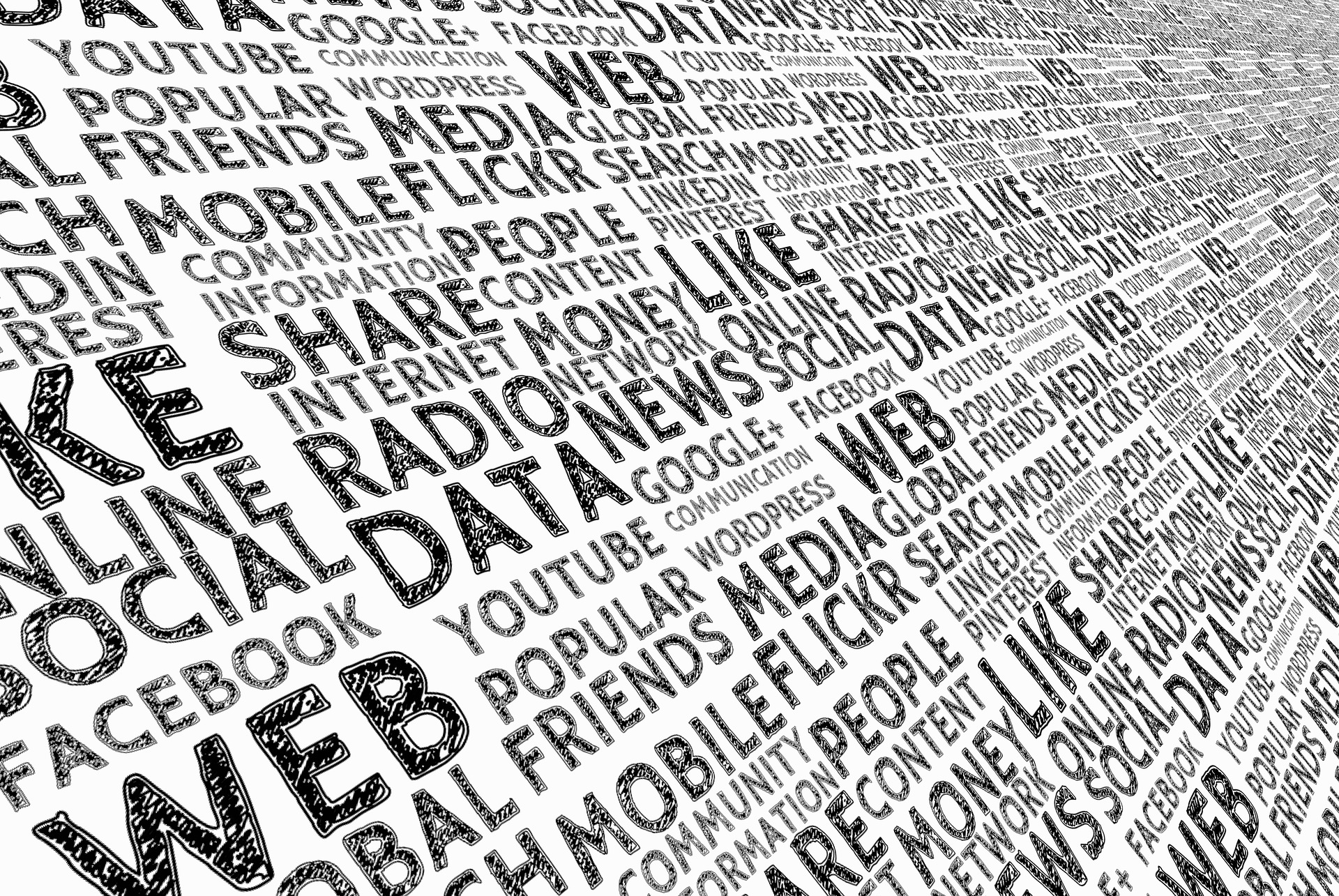Social Media Privacy Tips Everyone Should Know
Social media, whether you like it or loathe it, is now a central feature of our lives. This means the information shared there looks like gold to cyber criminals, predators, and other nefarious influences who love to prey on people’s weaknesses. Luckily, there are tons you can do to ensure your safety and privacy online. We’ve assembled some easy tips for social media privacy to help you.
Page Contents
Yes, it’s tough! Most of the social media landscape is generated to ‘show off’ and create a careful sense of FOMO. However, while those beach shots from your vacation may make it clear to all your jealous exes and school buddies that you’re living life large, they also tell thieves exactly where you are- and that’s not home! Protect your privacy online, and keep them for after you get back.
Likewise, oversharing on daily routines- even something as innocuous as a daily letter or iced coffee post on the school run or a daily gym update- can quickly let thieves know where you are and what your schedule looks like.
Guard Your Identity
You’d be surprised how much identity thieves can do with very little. Just your ID number or Social Security number, driver’s license number, card, bank numbers, or passport number can unlock a whole new world of thievery for them. You may show off a new life milestone- but they just see a bank. If you absolutely can’t live without posting any document with sensitive information, make sure you strip, blur or cover identifying numbers and info.
Resist Empty Fields
Just because an info box is there doesn’t mean you need to fill it in! Every morsel of information you share online can quickly be used to build a profile about you that could allow anything from identity theft to password recovery answers. Even small things, like hometown or maiden name, can help hackers crack your security questions on important sites.
Stick to Who You Know
A big friends number isn’t bragging material anymore- but it is a big risk! For private accounts, stick to friends and followers who are people you actually know. And make sure those invites are legit! If you already have Aunt Grace on your friend’s list, treat that new request ‘from her’ with a skeptical eye- and when in doubt, ask! Not only do fake friend connections uncover much of your personal info, but they can also be used for organized fraud, scams, and even blackmail. For business accounts and ‘professional profiles,’ create a new one and keep the info you share minimal.
Strong Security
Make sure you have the security basics down pat. It starts with a strong, unique password you don’t reuse anywhere. No common words, no usernames, no data that’s easy to find (anniversaries, kids’ birthdays, and so on). Longer is more vital for passwords- 12 to 16 characters should be your minimum. If you struggle to keep track, try an encrypted password manager.
Enable 2-factor authentication anywhere you can. This does add an extra step to your log-ins, but it makes you infinitely safer. Authenticator apps can be tougher to crack than SMSes- but even the SMSes help.
And lastly, your security and privacy settings are there for a reason- use them. Never rely on defaults, and make sure to check them regularly, especially after updates. Think beyond who can see posts, too. Everything from your public comments to online activity at third-party sites can be restricted. The less shared, the less privacy is lost.
Kick Them Out
Most of the popular social media sites enable you to track active account logins. It’s worth keeping an eye on this area and sign out of all open sessions if you see a device you don’t recognize. You may have to sign in again on your authorized devices, but that’s better than letting a hacker sit in your account, right? Remember, it’s not just about account security but also your devices’ security.
Public Agent Number One
Not only is there a new security threat, known as ‘shoulder surfing’, where cybercriminals literally look over your shoulder in public spaces hoping to see your logins, but there’s also a considerable risk with the convenience of public wifi. Use a VPN to stay safe when on public connections!
Staying safe on social media doesn’t have to be complicated. Just remember not to get so caught up in the sharing nature of these spaces that you forget the inherent risks in oversharing personal information!
